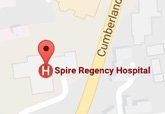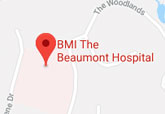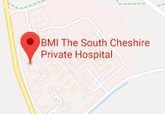Radicular Syndrome
Symptoms
Radicular syndrome results in pain and other symptoms such as numbness, tingling and weakness in the arms or legs. The quality and type of pain can vary, from dull, aching and difficult to localize, to sharp and burning.
Description
Radicular syndrome is caused by compressed or irritated nerve roots. The nerve roots are branches of the spinal cord that carry signals out to the rest of the body at each level along the spine.
Treatments for Radicular Syndrome
Physical therapy, chiropractic manipulation, patient education and non-steroidal anti-inflammatory drugs are the most common non-invasive treatment options for most patients with no evidence of significant muscle weakness caused by compression of the nerve roots. Epidural steroid injections may also be considered for severe cases. As discussed earlier, muscle weakness is a concerning sign of nerve root compression. Nerve testing (electromyography or EMG) may be indicated to objectively test the condition of the nerve-muscle connection, particularly if strength testing is limited by pain. If a patient suffers from actual nerve injury, surgery may be indicated to relieve the pressure on the nerves. In other situations, surgery may be offered if the non-surgical treatment options have failed to improve symptoms.




